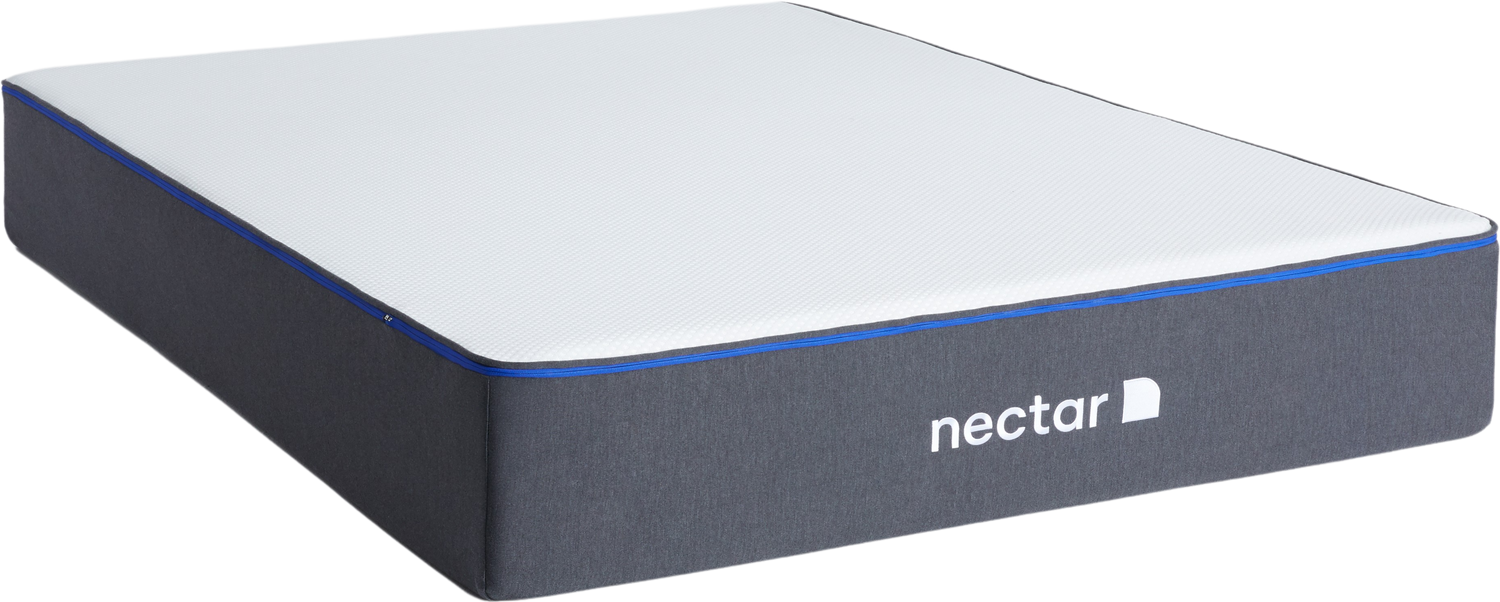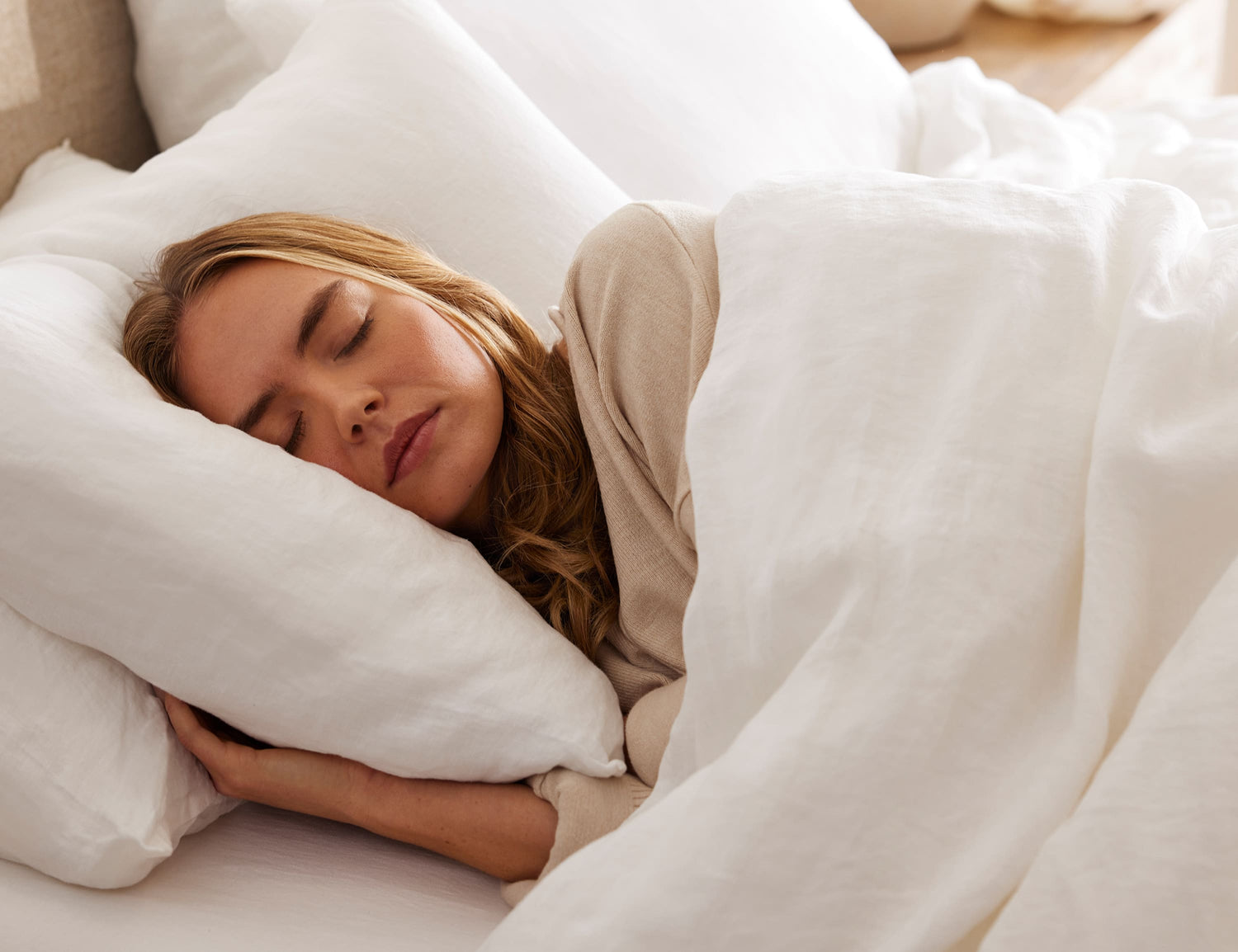The Science of What Happens When You Sleep Makes Humans Unique to Other Animals
Did you know humans are the only mammals who deliberately put off sleep? Think about it: your dog’s not exactly staying up late binge-watching Netflix, right? We humans have this curious habit of delaying sleep, often for reasons that aren’t always in our best interest. But there’s a good reason we’re wired this way. Our bodies and brains need sleep to recharge, and when we practice good sleep hygiene (like going to bed at a regular time), we’re making sure that our bodies have the chance to do some vital maintenance work.
Sleep is made up of five stages that work in two main categories: NREM (non-rapid eye movement) and REM (rapid eye movement). As we move from light to deep sleep, our bodies are busy repairing, restoring, and getting us ready for the next day.
Body Processes Are Put on Pause When You Sleep
Ever wonder why you don’t feel the need to pee as often at night, even though you drink plenty during the day? Well, during sleep, an anti-diuretic hormone kicks in, which helps control your need to go to the bathroom. But that’s just one example of how our body gets a break when we sleep.
Here’s a fun fact: our muscles actually become temporarily paralysed during sleep. Sounds a bit scary, right? But don’t worry, it’s actually a protective mechanism. This paralysis ensures that we don’t physically act out our dreams. So, no need to worry about sleepwalking into your kitchen in the middle of the night!
Also, did you know that your body temperature drops while you sleep? Your lowest body temperature is typically reached around 2:30 am. That’s also when your body releases melatonin, a hormone that regulates your sleep/wake cycle. This temperature drop is a signal for your body to enter the deeper stages of rest, where a lot of the healing and maintenance work happens.
The Brain is Even More Active
Now, let’s talk about the brain. While you may think that your brain slows down during sleep, it’s actually one of the busiest times for it. When you sleep, your brain is hard at work—sorting through all the information you absorbed during the day, processing memories, and making important decisions. During this time, your brain is also reducing your cortisol levels (the stress hormone) and calming your sympathetic nervous system. This helps lower blood pressure and gives your body a break from stress.
But it doesn’t stop there. While you sleep, your body releases growth hormones, which help repair and even grow your cells. Your immune system is also working overtime, using sleep time to fight off infections and reduce inflammation. It's like your body gets a full-body MOT while you rest!
And let’s not forget the "paperwork" your brain is processing. It’s during sleep that your brain organises and files away the day’s information, logging long-term memories and clearing out any excess. Think of sleep as your body’s reset button—it’s crucial for keeping everything running smoothly.
The Bottom Line: Sleep is Essential for Your Health
The science of sleep is pretty amazing, isn’t it? It’s more than just a chance to rest—while you sleep, your body and brain are hard at work, ensuring that you wake up refreshed and ready for a new day. So, the next time you’re tempted to skip a few hours of sleep, think about everything your body is doing for you while you rest.
To make the most of your sleep, you need a mattress that supports your body’s natural processes. A Nectar mattress, designed with your well-being in mind, provides the perfect balance of comfort and support. Give your body the sleep it deserves—after all, it’s working harder than you think! Try a Nectar mattress tonight and feel the difference for yourself.
Frequently Asked Questions About Sleep
1. How does sleep affect my overall health?
Sleep is crucial for your physical and mental well-being. It helps your body repair itself, boosts your immune system, reduces stress, and enhances cognitive function. Quality sleep is vital for maintaining both your body’s health and mental sharpness, playing an essential role in your overall health.
2. Why do I feel so much more rested after a good night’s sleep?
When you get a full, uninterrupted night of sleep, your body has the chance to go through all the necessary stages of rest. These stages include physical recovery, muscle repair, and memory consolidation, all of which leave you feeling more refreshed and energised the next day.
3. Why does my body temperature drop at night during sleep?
Your body naturally lowers its core temperature as you sleep, which helps trigger the release of melatonin—a hormone that regulates your sleep cycle. This temperature drop also signals your body to enter deeper stages of sleep, where restorative processes like muscle repair and immune system strengthening occur.
4. How does sleep help with muscle repair?
During sleep, growth hormones are released to support muscle recovery and cell repair. This is particularly important after physical activity, as your muscles need time to heal and rebuild. Sleep provides the necessary conditions for this repair, allowing you to feel stronger and more rested in the morning.
5. What’s the difference between REM and NREM sleep?
NREM (non-rapid eye movement) sleep consists of three stages, including light sleep and deep sleep, while REM (rapid eye movement) sleep is when you experience the most vivid dreams. NREM is crucial for physical restoration, while REM is essential for cognitive functions like memory consolidation, learning, and emotional regulation.
6. Why should I follow a regular sleep schedule?
A consistent sleep schedule helps regulate your body’s internal clock, making it easier to fall into deep, restorative sleep. It’s key to maintaining a healthy sleep cycle and ensuring that your body can complete all the repair and recovery processes needed during sleep. A regular sleep routine also helps prevent sleep deprivation and promotes long-term health.
7. How can I improve my sleep quality?
To improve your sleep quality, establish a relaxing pre-sleep routine, limit screen time before bed, and ensure your sleep environment is comfortable and free from distractions. Creating the right sleep environment and routine allows your body to relax and enter deeper stages of restorative sleep.
8. Why is it important to get 7-9 hours of sleep?
Getting 7-9 hours of sleep gives your body and brain enough time to go through all the necessary processes for healing and rejuvenation. Sleep is when your immune system is active, muscles repair, and memories are processed. Skipping out on sufficient sleep can affect your mood, memory, focus, and overall health.
9. How can I manage back pain or pressure points while sleeping?
To manage back pain or pressure points, it’s important to maintain good sleep posture and choose bedding that supports your body’s natural alignment. Make sure your body is well-supported, especially in areas like the lower back and shoulders, to avoid waking up with discomfort.
10. How can I get better sleep if I’m stressed?
Stress can significantly disrupt your sleep cycle. To counteract this, try a relaxing pre-sleep routine like reading, meditation, or deep breathing exercises to calm your mind. Creating a peaceful sleep environment and practicing relaxation techniques before bed can help ease the physical and mental tension caused by stress, making it easier to fall into a restful sleep.
11. Can I just catch up on sleep?
While it’s tempting to think you can "catch up" on sleep after a few nights of poor rest, it’s not that simple. Sleep debt doesn’t work like catching up on missed hours. While a long night’s sleep after several nights of little rest might help you feel better, it doesn’t fully compensate for the effects of sleep deprivation. Consistently getting enough sleep each night is the best way to maintain optimal health and well-being. A regular sleep schedule helps your body and brain reset and function at their best.




